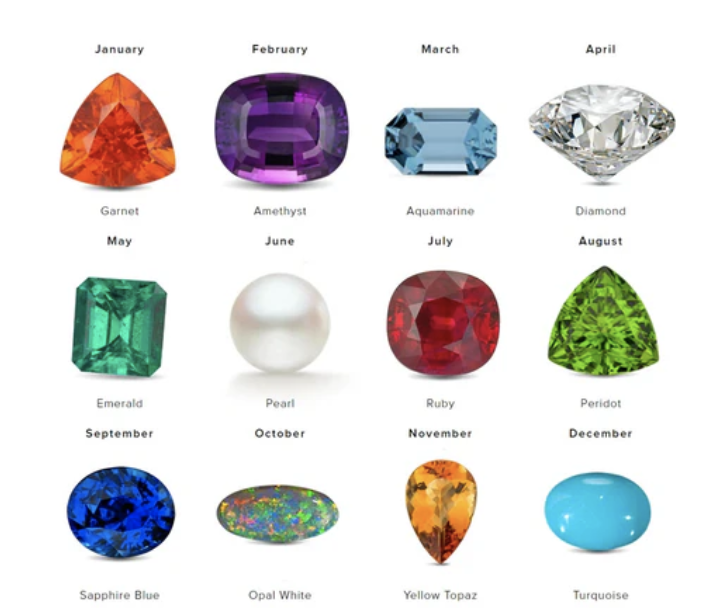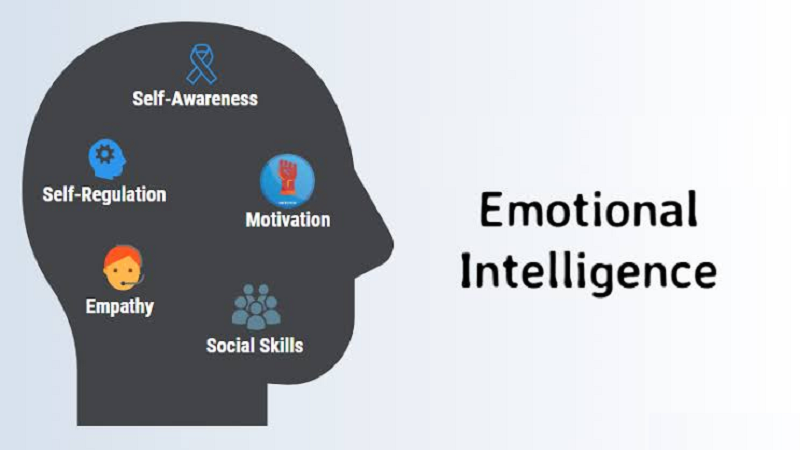Emotional intelligence is often not talked about. Typically, cognitive intelligence – our mental ability to think through tasks and what we use to measure capabilities such as memory and attention – is what’s emphasized by employers and teachers. But recently, cultural shifts have forced us to take into account emotional intelligence (EQ), which according to mental health America is “the ability to manage both your own emotions and understand the emotions of people around you”. Emotional intelligence, according to the New York Times, is measured by your ability to have/do five things: self awareness, self regulation, motivation, empathy, and socialization.
First off, having self awareness is the ability to identify and work with your own emotions. Are you someone who gets angry when interrupted? Or if someone is upset with you, do you tend to shut down or do you address the issue head on? If you know yourself on this level, you can avoid finding yourself in situations that distress you, or you’ll have the wherewithal to communicate that you do or feel certain things when you do get interrupted or when there is a conflict. The ability to cope with said emotions leads me to my next topic : self regulation. Self regulation is just that – dealing with your emotions. If you know you have anger issues, maybe you train yourself to take three deep breaths. Or if you get social anxiety in large crowds, you might recite a grounding thought or have a stress object on hand. Motivation is my next point. People with high EQ understand what’s important to them, and therefore understand what motivates them. They don’t allow fear of their boss or peer pressure to motivate them, but rather they have an intrinsic motivator, such as a desire to give back or provide for their family. Having empathy is the next step. The ability to emphasize can increase your chances of communicating in a positive and helpful way. It also means being able to recognize whether or not people are, for example, anxious or excited in a certain situation. Having empathy and applying it to the way you handle others makes you approachable and comfortable to be around, which is never a bad thing. Lastly, knowing how to be social. This can mean knowing how to introduce yourself to a new group or people or navigating a conflict with your partner. It also doesn’t necessarily mean knowing how to crack a joke or be super extroverted, good socialization comes in many forms. Knowing when to actively listen, for example, is a great skill to have under your belt.
Mastering these skills are arguably more important than being cognitively intelligent. Now, every person you meet has a Bachelor of Arts or a Bachelor of Science, an internship or two, and the same desire to work hard and earn a wage. So, in order to distinguish one applicant from another, people are using EQ. No one wants someone who’s dense and anti-social working on their team, so it’s important to not only master these skills but also apply them in situations like job interviews and networking conferences.

































